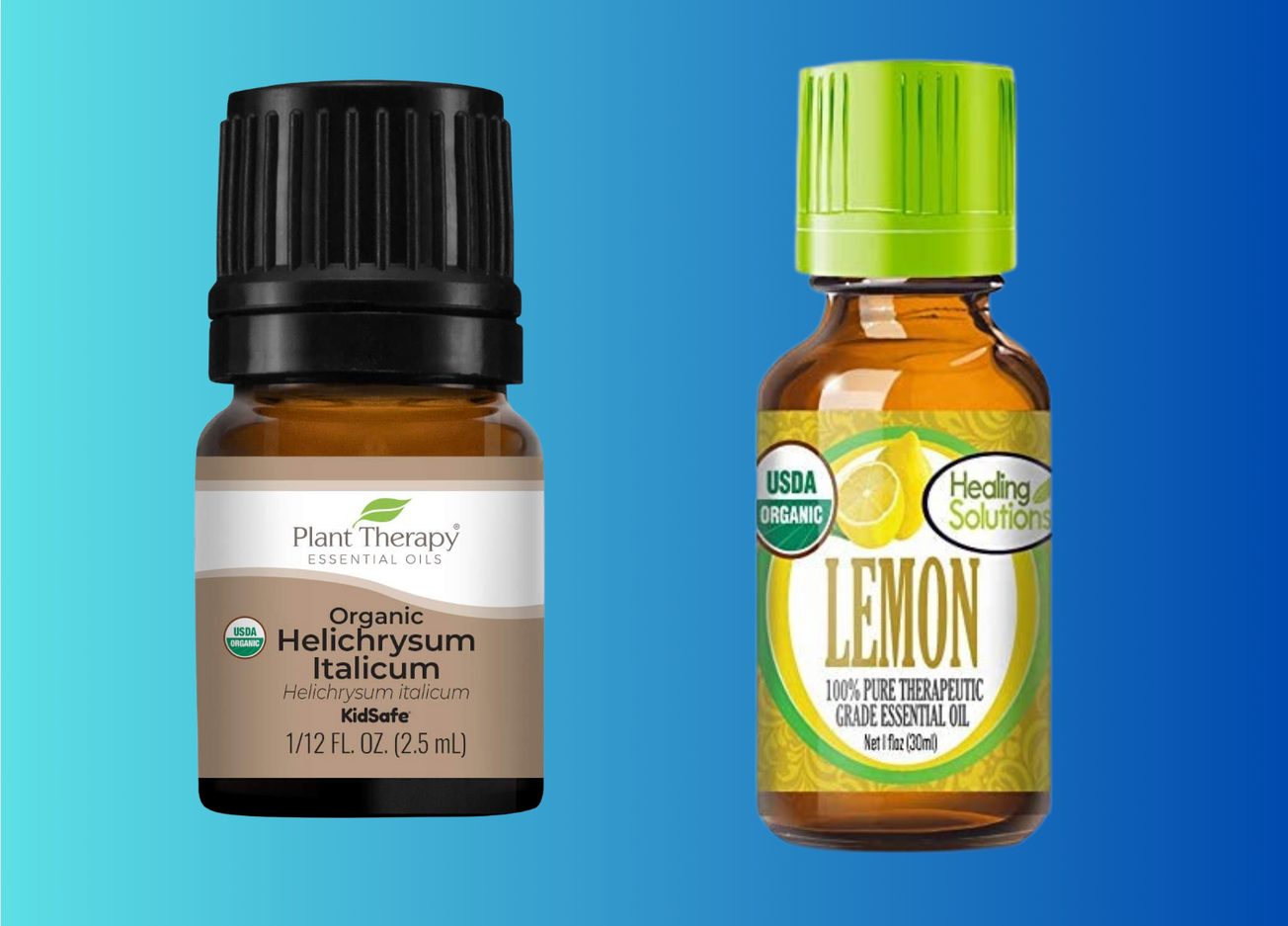In This Article
This post may contain affiliate links, please see our privacy policy for details.
You may have heard that probiotics are good for you, but did you know that they can also cause constipation?
While probiotics are generally safe, it is important to understand how they can affect your digestive system before taking them.
In this blog post, we'll explore the potential causes of constipation from probiotics and what you can do to avoid it.
What Are Probiotics?
Probiotics are live bacteria and yeast found naturally in dietary sources such as fermented foods as well as supplements.
Studies suggest that probiotics may offer a variety of potential health benefits, from improved digestion and boosted immunity to better mental health and cardiovascular wellness.
Although more research is still needed to fully understand the capabilities of probiotics, current evidence indicates that these friendly bacteria can play an important role in overall well-being.
Surprising Causes of Constipation
Constipation is an uncomfortable and often troubling condition that affects many people. Probiotics are known to carry a wide range of beneficial effects on digestive health, yet in certain cases, they can act as a cause of constipation.
Studies have demonstrated that certain strains of probiotics can in fact decrease the frequency and softness of stool, leading to uncomfortable constipation. To prevent this from happening, it is important for those taking probiotics to be aware of the type of strain they need and to consult with a doctor or qualified medical professional prior to starting a regimen.
In this way, those seeking the various benefits of probiotic supplementation may continue to benefit without experiencing troublesome constipation issues due to their intake.
Tips to Combat Constipation When taking Probiotics
Probiotics are great for supporting digestive health, however, taking them can sometimes lead to constipation. To prevent this from happening, try drinking plenty of fluids like water and herbal teas.
Additionally, eating foods that are high in fiber such as vegetables, fruits, beans, and whole grains can help keep your digestion regular.
Exercise is also beneficial since it can help stimulate peristalsis - the muscular contractions that occur in the intestinal walls to move digested food through our systems.
Finally, take probiotic supplements consistently throughout the day to keep your gut bacteria balanced.
By following these steps, you should be able to avoid any potential constipation while taking probiotics.
Pros and Cons of Taking Probiotics
There is a lot of research being done on the potential health benefits of probiotics, but there are also some potential risks you should be aware of if you’re considering taking them. Let’s explore the pros and cons of taking probiotics.
The Pros
One of the most widely studied benefits of taking probiotics is their ability to help regulate your digestive system. Probiotic bacteria can help promote healthy digestion by balancing the levels of good and bad bacteria in your gut. This can lead to improved digestion and absorption of nutrients, which can result in fewer gastrointestinal issues such as bloating or constipation.
Probiotics have also been shown to have a positive effect on your immune system. Studies have found that regular intake of probiotic supplements can help strengthen your immune system by increasing the production of antibodies and improving your body’s overall defense against infection.
Additionally, some research has suggested that probiotics may help reduce inflammation throughout the body by helping maintain an optimal balance between pro-inflammatory and anti-inflammatory substances in your gut.
The Cons
While there are many potential benefits associated with taking probiotic supplements, there are also some potential risks you should be aware of before deciding whether or not to take them.
For one thing, it’s important to remember that not all probiotic supplements are created equal; different brands will contain different strains (types) of probiotics at varying concentrations, so it is important to do your research before selecting a supplement brand or product.
Some people may experience side effects when they first begin taking probiotic supplements, such as gas, bloating, diarrhea, or cramping. These side effects usually go away after a short period of time as your body adjusts to the new “balance” within your digestive system; however if these symptoms persist then it is best to discontinue use and speak with a healthcare professional about alternatives for maintaining digestive health.
Additionally, individuals who suffer from weakened immune systems should exercise caution when considering supplementation with probiotics since they could potentially worsen existing conditions or make them worse instead of better.
As always it is best to consult with a doctor before beginning any new supplement regimen!
Final Thoughts
While probiotics offer many potential health benefits, it is important to be aware of the risks and side effects associated with their use.
Before starting a probiotic regimen, consult with a healthcare professional to determine if they are right for you.
And always remember to drink plenty of water while taking them – this will help reduce the risk of constipation.
Thanks for reading!
Other Posts You May Like:













